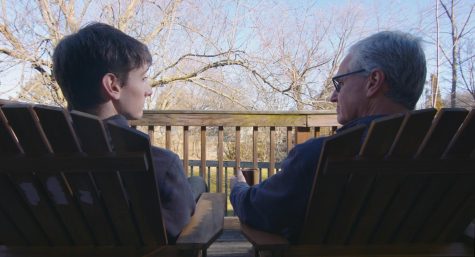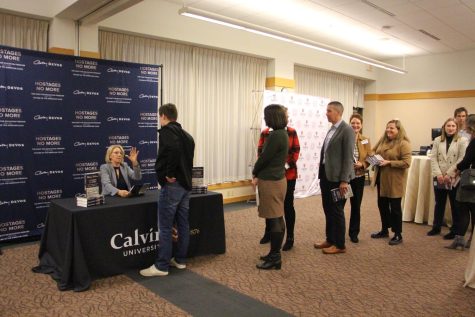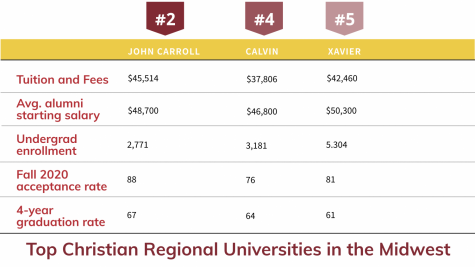New Urban Studies minor to be offered
Calvin College offers an urban studies minor to students who are interested in studying urban issues within a Christian worldview. Current focuses within the minor include social development, the built environment and urban policy. Last week, a proposal was approved to add a fourth track: urban education.
“A number of us in the education department have worked in urban environments,” explained education professor Philip Stegink. “There is a significant need for high quality educators to serve in urban environments, and we want Calvin to be part of the preparation of high quality educators.”
While the education department does prepare students to work in a wide variety of contexts, the addition of the urban track will provide students with the opportunity to focus their studies on education structures, systems and pedagogy specific to urban environments.
“It helps [professors] focus conversation and work with students around best practices in urban environments,” added Stegink.
Last year, in a survey sent to education students, roughly 60 showed interest in issues in urban education.
Senior Esther Schuurman came to Calvin with interests in international development and social work before she eventually decided to pursue education. “I love kids and I love teaching, so I started looking into that and realized that [urban education] can fit so well with social justice.”
“Being an educator is not an easy job,” Schuurman added. “When it comes to urban education, there’s a whole added level of poverty and racial issues between student and teacher. … It would be so helpful for people who are looking to go into those areas to have a better understanding of the community.”
Stegink is on a subcommittee for the track alongside professors John Walcott and Susan Verwys. This January, Stegink will be taking a group of 12 students on an Interim course to Chicago and Milwaukee to study urban education. Walcott is also teaching a Developing a Christian Mind (DCM) course during Interim about equity and justice in urban education.
Schuurman was excited when Walcott mentioned the creation of an urban education track. “If it had been there earlier, I definitely would have done it,” she remarked.
During last week’s faculty senate meeting, the proposal of the additional track received mixed responses. Some questioned the validity of a program that originally developed from an urban education Interim course; others noted that the term “urban” has garnered an increasingly negative connotation. These concerns, however, were not with the concept behind the program but with details leading to the program’s eventual execution.
While the new track is tailored specifically to education students, Stegink explained, “We would love for students outside of education to tap into the track. … It provides an important opportunity to critically look at structures and systems in North America as they relate to the urban experience.”






